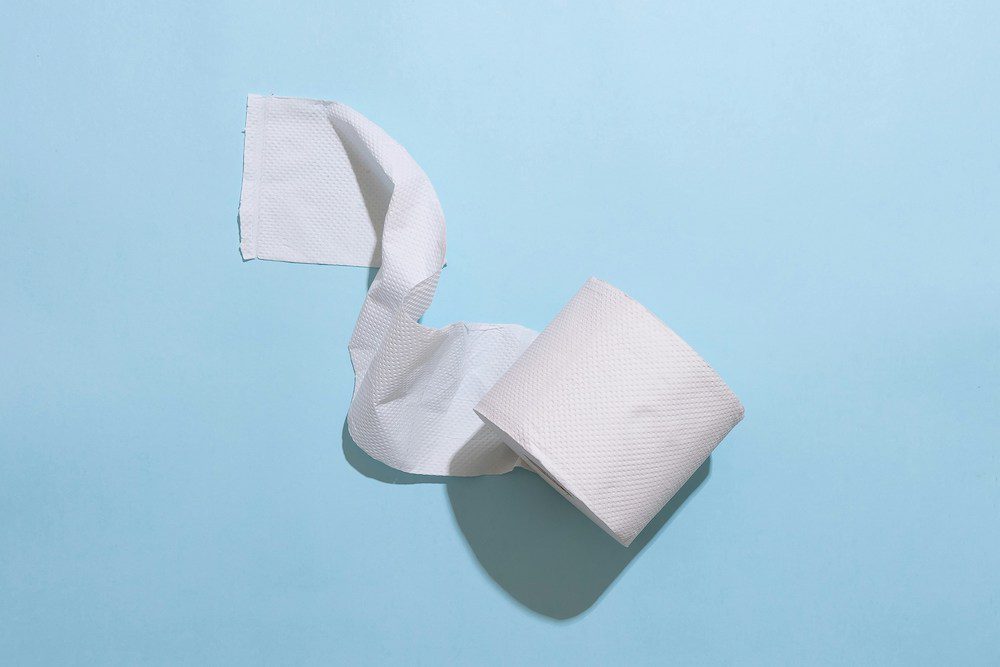
Biodegradable toilet paper might not sound revolutionary, but it’s quietly transforming one of the most overlooked corners of sustainability. Every sheet we flush has a footprint — from deforestation and water use to bleaching chemicals and plastic packaging. Yet, as more consumers connect comfort with conscience, the humble bathroom roll is getting a long-overdue eco-makeover.

The Hidden Cost of the Roll
Most commercial toilet paper is made from virgin wood pulp, harvested from forests that take decades to grow. Each roll represents a tiny part of a much bigger problem: millions of trees cut down for a single-use product. Add in chlorine bleaching, plastic wrapping, and carbon-heavy shipping, and it’s easy to see why toilet paper is far from harmless.
Even softer, “premium” brands often rely on non-FSC-certified sources. The environmental cost doesn’t stop at production. Conventional tissue isn’t always biodegradable or septic-safe, leading to clogs, sludge buildup, and disrupted natural bacteria in wastewater systems. What starts as convenience can quickly become a sustainability nightmare.
The Rise of Biodegradable Toilet Paper
This is where biodegradable toilet paper steps in as an eco-conscious alternative. Unlike traditional rolls, it breaks down quickly and safely, protecting both plumbing and ecosystems. The most sustainable options now come from renewable resources such as bamboo — a fast-growing plant that regenerates without replanting and requires minimal water to thrive.
Bamboo’s rapid growth rate and natural antibacterial properties make it ideal for hygienic, planet-friendly production. Unlike virgin wood pulp, bamboo doesn’t contribute to deforestation. It’s soft, strong, and compostable — a triple win for anyone trying to live more sustainably without sacrificing comfort.
Brands like SaveTrees Bamboo Toilet Paper (also known as Cloud Paper) have become symbols of this shift toward circular design. Their commitment to plastic-free packaging, FSC-certified bamboo, and carbon-neutral production reflects a growing awareness that even the smallest household items deserve mindful engineering.
Beyond the Bathroom: Everyday Choices With Lasting Impact
Switching to biodegradable toilet paper is more than an act of hygiene — it’s a statement of values. It’s a reminder that environmental responsibility begins in the quietest corners of daily life. Small changes, like choosing bamboo over wood pulp or recycled fibers over virgin materials, add up to significant ecological gains.
And once that mindset takes hold, it naturally spills into other routines. You start noticing packaging waste, choosing refillable soaps, and reducing unnecessary single-use products. Sustainability shifts from something you think about occasionally to something you live — woven into your habits, not layered on top of them.
Designing a Low-Waste Bathroom
True eco-friendly living is about progress, not perfection. A low-waste bathroom starts with a few intentional swaps:
- Choose biodegradable toilet paper made from bamboo or recycled content.
- Replace single-use wipes with washable cloths.
- Refill soaps and shampoos from zero-waste refilleries.
- Use bamboo toothbrushes and compostable cleaning products.
- Upcycle your beauty routine.
Each small action keeps materials in circulation longer and diverts waste from landfills. Over time, these changes ripple outward — influencing supply chains, consumer norms, and brand accountability.
The Bigger Picture: Small Rolls, Big Change
More than half of global consumers are now willing to pay more for sustainable materials, and brands are taking note. Eco-consciousness is now mainstream. A recent study found that 54% of consumers are willing to pay more for sustainable materials and products, while 78% expect companies to adopt eco-friendly practices. This shift in consumer behavior is prompting brands to reassess their approach to everything from sourcing and product packaging to how they convey their values through marketing campaigns. What was once a niche product category is becoming the new standard for conscious living. When manufacturers design with renewability in mind, everyone wins — the environment, communities, and future generations.
Switching to biodegradable toilet paper might feel like a small act, but it’s a powerful daily ritual of respect for the planet. It’s an acknowledgment that sustainability isn’t limited to solar panels or electric cars — it’s built in the moments that seem too ordinary to matter.
The next time you reach for a roll, remember: every sheet tells a story. Choose one that leaves no trace except the feeling of doing something good for the Earth. Because the most meaningful revolutions often start right where you least expect them — even in the bathroom.
